Drone Technology has revealed a groundbreaking behavior in southern resident orcas in the Salish Sea, Washington, where these killer whales craft seaweed tools for grooming, a practice dubbed “allokelping.” Detailed in a study by the Centre for Whale Research (CWR) and published in Current Biology, this discovery showcases the sophisticated social dynamics of these marine mammals.
Allokelping: A Collaborative Grooming Technique
Unlike typical kelping, where whales playfully manipulate kelp, allokelping involves two orcas deliberately selecting and trimming bull kelp stalks to groom each other. The whales bite off a kelp section, position it between their bodies, and roll it for extended periods, resembling a shared massage.
Dr. Michael Weiss, CWR research director, reportedly noted, “Bull kelp stalk is firm but flexible, like a filled garden hose, with a slippery outer surface. I suspect these features make it an ideal grooming tool.”
This behavior was observed on eight of the 12 study days, indicating its prevalence among the population.

Drone Technology Enables New Insights
High-resolution drone footage was critical to identifying allokelping, as earlier aircraft videos lacked sufficient clarity.
Rachel John, a University of Exeter master’s student, emphasized, “We hadn’t noticed ‘allokelping’ before because the videos being collected from our previous aircraft weren’t of high enough quality, but the footage we’re getting now shows this behavior in great detail.”
Drones, flying at altitudes of approximately 100–150 feet (30–46 meters), provided unobtrusive, detailed views of orca interactions, revealing behaviors missed in 50 years of studying this well-documented population.
Social and Health Benefits of Allokelping
Allokelping appears to strengthen social bonds, with orcas often pairing with close maternal relatives or peers of similar age.
Professor Darren Croft, CWR executive director, explained, “We know touch is really important. In primates – including humans – touch moderates stress and helps to build relationships.”
Beyond social benefits, allokelping may promote skin health. Bull kelp’s antibacterial and anti-inflammatory properties could aid in sloughing dead skin or removing parasites, a function distinct from other orcas’ beach-rubbing habits, which southern residents do not exhibit.
Implications for Research and Conservation
The discovery underscores drones’ transformative role in marine research, offering low-cost, high-quality data collection without disturbing Wildlife. For drone professionals, this highlights the growing demand for advanced aerial systems in ecological studies, with potential applications in monitoring other marine species. Economically, the study, funded partly by the UK Natural Environment Research Council and the Orca Fund, reflects increasing investment in non-invasive research tools, with grants supporting drone operations costing thousands of USD annually. Regulatory frameworks may evolve to accommodate drone use in sensitive habitats, balancing research needs with environmental protection.
Ongoing Exploration of Orcas’ Social Lives
The CWR team is investigating allokelping’s benefits further, aiming to quantify its impact on orca social structures and skin health. Dr. Weiss remarked, “What I find remarkable about this behaviour is just how widespread it is in the population.” As drone technology advances, researchers anticipate uncovering more about orcas’ complex behaviors, reinforcing the value of innovative tools in understanding and conserving marine ecosystems.
Photos courtesy of A Cell Press Journal / Elsevier / Current Biology
Discover more from DroneXL.co
Subscribe to get the latest posts sent to your email.
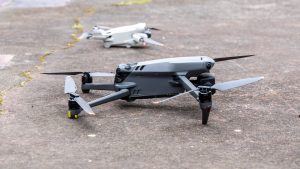
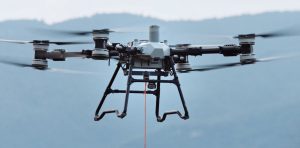
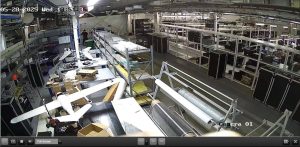


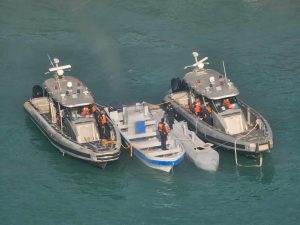
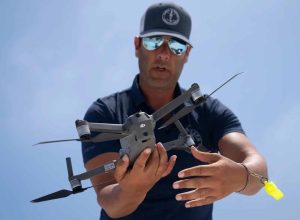

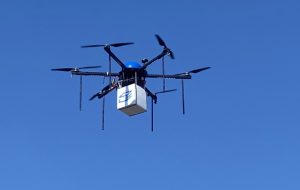
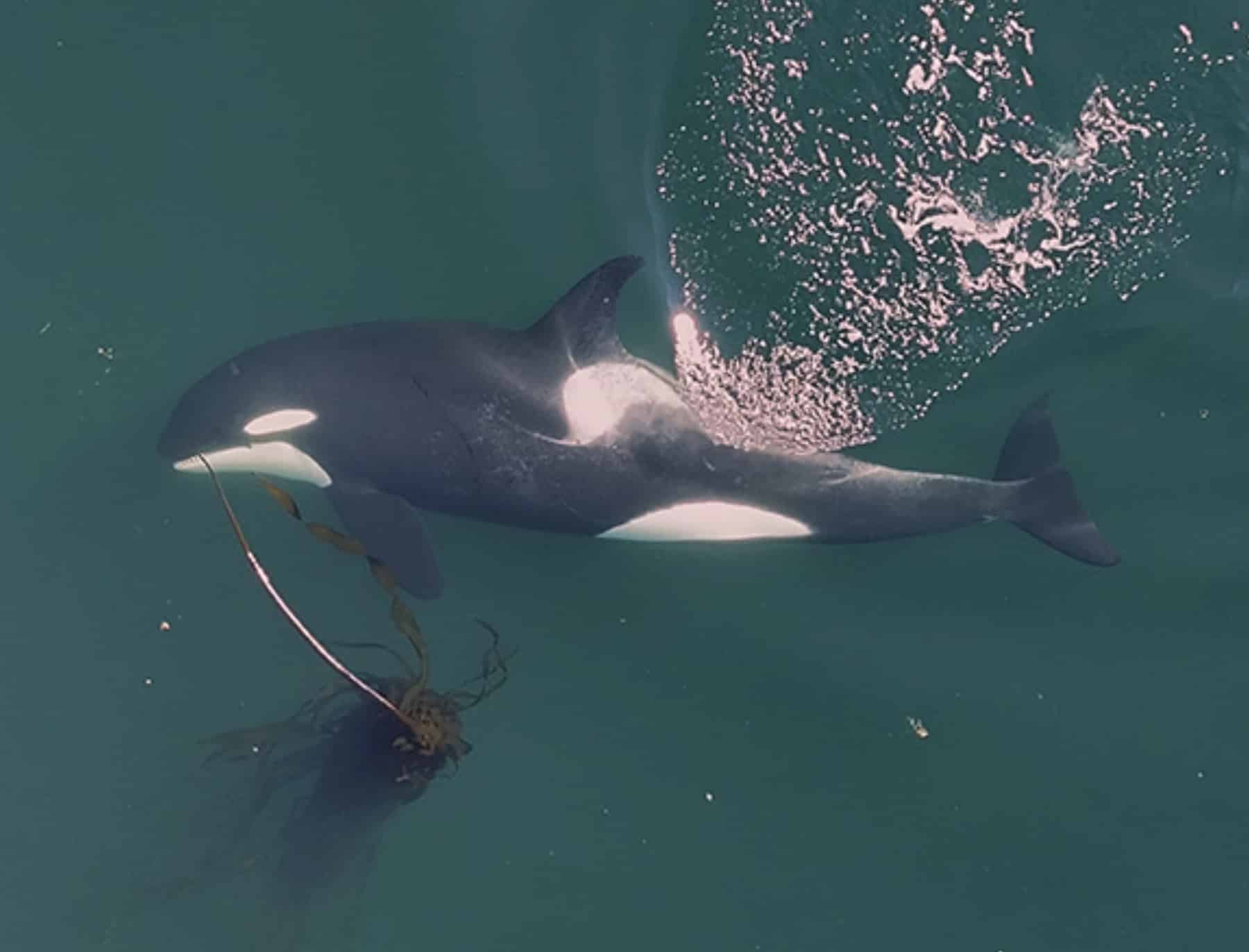
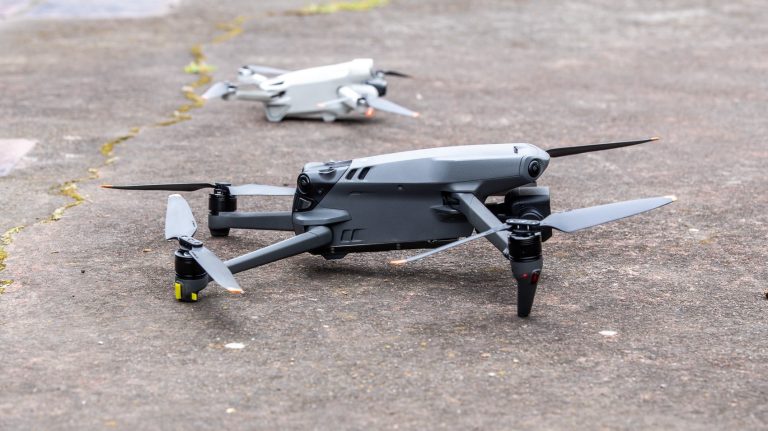
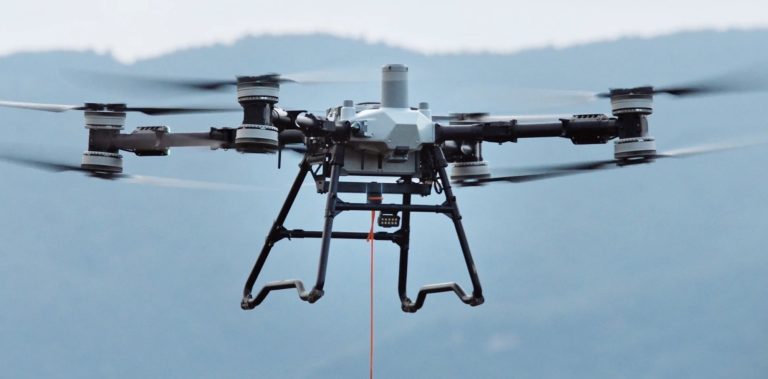
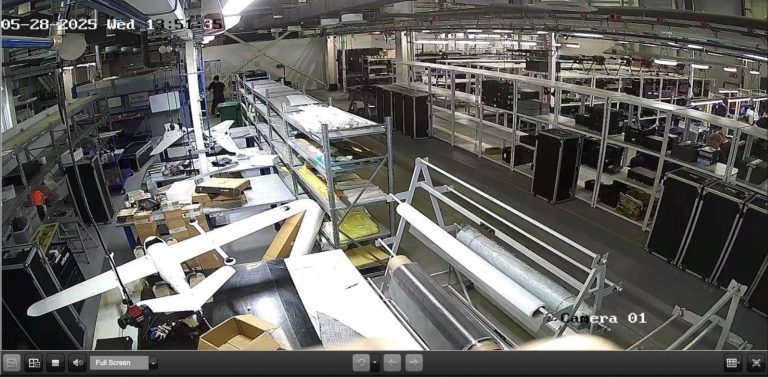

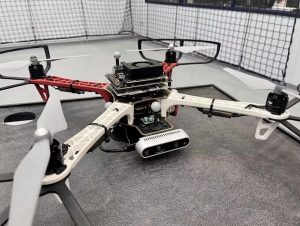



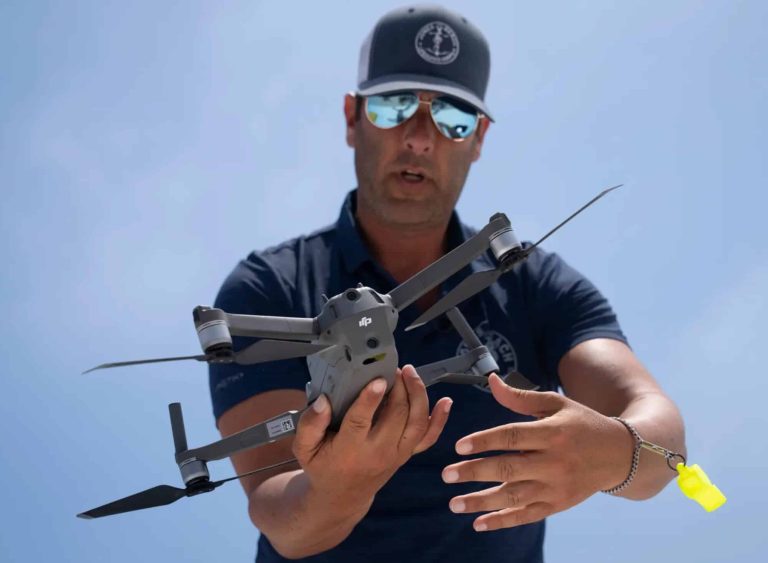

+ There are no comments
Add yours